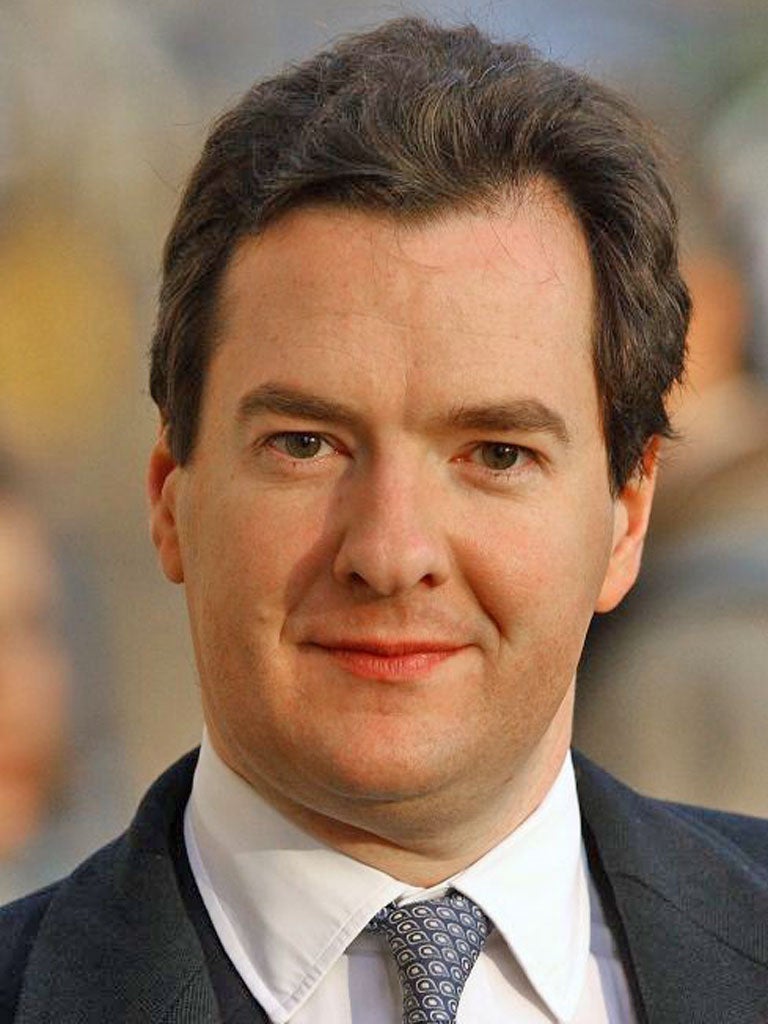Osborne urged to change course as economy falls back into recession

Pressure is mounting on the Coalition to reverse course on its strategy of spending cuts after the British economy officially slumped back into recession in the first three months of this year.
Economists warned that George Osborne's plan for deficit reduction will damage any recovery over the coming years, with 90 per cent of the Chancellor's planned cuts still to be enacted.
There were signs yesterday that the Coalition's united stance on spending cuts was wavering. The former Liberal Democrat Treasury spokesman, Lord Oakeshott, who is close to the Business Secretary Vince Cable, described the cuts scheduled for this year as "self-harm". He said: "Five per cent more cuts are the last thing we need while the economy is flat on its back – that would simply be self-harm."
He called for the Coalition to instead borrow more using the UK's record low interest rates to fund an ambitious national home-building programme. Yet Mr Osborne insisted yesterday that he would not sanction more borrowing, even with the economy slumping again.
"The one thing that would make the situation even worse would be to abandon our credible plan and deliberately add more borrowing and even more debt," he argued. Even in the grip of a double dip, there is to be no "Plan B".
The UK economy contracted by 0.2 per cent in the first three months of the year, following a 0.3 per cent contraction in the final quarter of 2011, the Office for National Statistics reported. Lingering hopes that Britain would bounce back to growth this year were washed away by a slump in the construction sector, which fell 3 per cent over the past three months.
Mr Osborne sought to shift some of the blame for the double dip to the eurozone's sovereign debt crisis.
But even if the ONS had produced a small positive number yesterday, the overall picture would still have been very bleak. Britain is still some 4 per cent below the levels of output of before the 2008 financial crash that sent us into the biggest slump since the Great Depression.
Join our commenting forum
Join thought-provoking conversations, follow other Independent readers and see their replies
Comments
Bookmark popover
Removed from bookmarks